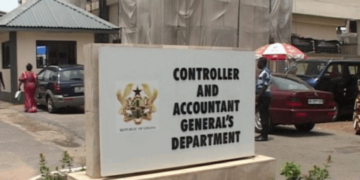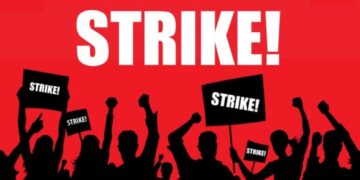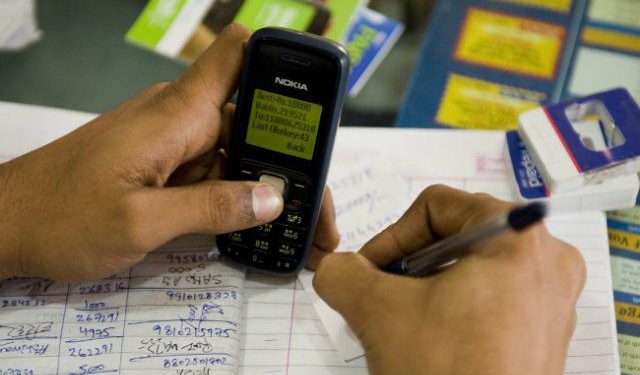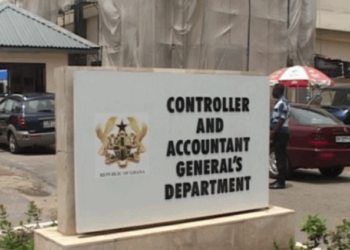The economic conditions of Ghanaians were taken into account in the approval of the e-levy, according to the Government’s Spokesperson on Governance and Security, Mr Palgrave Boakye-Danquah.
As a consequence, the interest rate was reduced from 1.75 percent to 1.5 percent, he stated.
Persons who trade less than ¢100 every day are also removed from the policy, according to him.
On Tuesday, April 12, he remarked on the New Day show with Johnnie Hughes, “…
Close to about 40 per cent of the Ghanaian people having started mobile money interoperability over the successive years do transactions below a Hundred Ghana cedis threshold, 47 per cent, which leaves us to close to about 53 per cent of data, doing transaction above a hundred Ghana cedis.
“So having sat through and having seen that digital platform has grown massively, the conversation about the e-levy is, if you do transaction below a hundred Ghana Cedis threshold, you are not charged that 1.5 per cent.
“If you see the various conversations on the e-levy, we have taken the light of the Ghanaian into consideration because a sizable part of the persons that are going to contribute is the 53 per cent who will do transaction above the 100 cedis per day.”
The e-levy policy was passed by a one-sided Parliament on Tuesday, March 29, following a walkout by the minority.
The bill was signed into law by President Akufo-Addo on Thursday, March 31.
Following the approval, mobile money agents reported experiencing panic withdrawals.
Mr. Evans Otumfuo, General Secretary of the Mobile Money Agents Association of Ghana (MMAAG), blamed the issue on a lack of policy education.
“The panic response form our customers is very disturbing but then we understand them because there had been lack of education,” he told 3FM on Friday April 1.
Mr Boakye-Danquah, on the other hand, added, “That panic withdrawal, even the Minister has stated that it is expected that people would go and panic withdraw.”
Read Also: Lagos youth kills girlfriend , sleeps with corpse for six days
SOURCE: 3NEWS
























